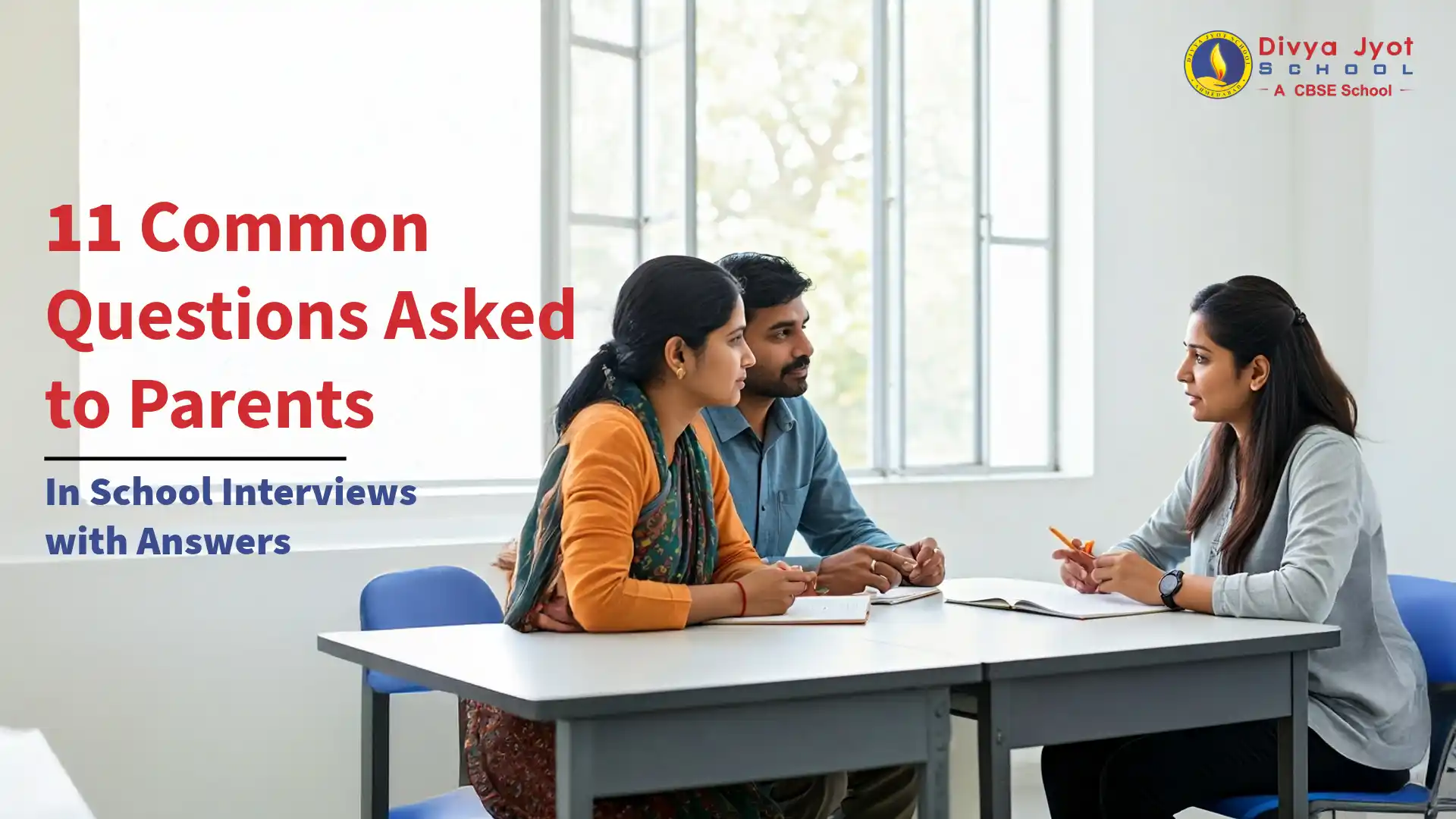Parenting is a huge deal – it’s one of the biggest influences on how a child grows up. The way we parent can really impact their behavior, how they handle their feelings, and even their social skills. When parents understand the different ways they can raise their kids, they’re better equipped to create a home that truly helps their children thrive.
This guide will dive into the main parenting styles.
Types of parenting styles and Its Impact on Children
Authoritarian Parenting: Rules Without Room
Ever heard of parents who believe “my way or the highway”? That very much sums up the authoritarian parenting style. These parents set strict rules and expect their kids to follow them, no questions asked. Their go-to line often sounds like, “Because I said so!” Also, “You’ll do it because I told you to.”
They’re big on demands but not so big on explaining or showing a lot of warmth. If a child dares to ask why a rule exists or why they have to do something, authoritarian parents usually aren’t interested in giving a clear answer.
They don’t let their kids have a say in solving problems, which can feel really stifling. Instead of helping kids understand where they went wrong, these parents often use punishment to force their views, making children feel bad or even miserable rather than truly learning from their mistakes.
How It Affects Kids
Growing up under this strict approach can have several significant impacts:
- Rebelliousness or Deception: Kids might become highly rebellious, constantly pushing back against rules, or they might become skilled at lying to avoid punishment.
- Over-Adherence to Rules: Children often become overly focused on following rules, which can hinder their ability to think independently.
- Self-Esteem Issues: A major concern is the frequent development of self-esteem issues, as their thoughts and opinions are rarely valued or heard.
Authoritative Parenting: The Balanced Approach
Take authoritative parenting to be the best strategy for raising children. It’s a style that’s both warm and responsive, meaning parents are tuned into their children’s needs and feelings. These parents are tough, but yet extremely supportive. They set clear rules, but here’s the key difference: they genuinely consider their children’s opinions and feelings when making decisions.
Instead of just laying down the law, authoritative parents use positive discipline strategies to encourage good behavior. This means a lot of encouragement, praise, and sometimes even a reward system to reinforce positive actions.
This approach really shines because it creates the healthiest environment for a child to grow up in. It promotes clear communication and a truly constructive interaction between parents and children.
How It Affects Kids
Children who grow up with parents who are in charge frequently exhibit a variety of advantageous traits:
- Responsible Adulthood: They are highly likely to become responsible adults.
- Happiness and Success: These children tend to be happy, successful, and comfortable expressing their thoughts and feelings.
- Strong Decision-Making: They typically develop into good decision-makers.
- High Self-Esteem: Kids often have strong self-esteem.
- Excellent Social Skills: They tend to possess excellent social skills.
- Foundation for Success: This parenting style truly sets children up for success in all areas of life.
Permissive Parenting: The “Friend” Approach
Imagine a parent who’s more like a best buddy than an authority figure – that’s often the vibe with permissive parenting. The approach is very kind, compassionate, and nurturing. Permissive parents are extremely forgiving and frequently lavish their children with privileges.
They set few, if any, rules and often let children try to figure out their own problems without much guidance.While this approach does encourage children to open up and discuss their problems, it also results in a significant lack of structure.
This can occasionally result in youngsters growing up with little self-discipline or self-control.
How It Affects Kids
Children raised with permissive parents can face several challenges:
- Academic Struggles: They are often more likely to struggle academically.
- Lack of Self-Discipline: They may struggle with self-discipline and control.
- Poor Social Skills: The development of social skills can be challenging.
- Behavioral Issues: They might exhibit more behavioral problems due to a lack of familiarity with rules and boundaries.
- Disregard for Authority: There can be a tendency to not appreciate or respect authority.
Uninvolved Parenting: A Hands-Off Approach
Parents that practice uninvolved parenting frequently exhibit a considerable lack of engagement. These parents tend to have very little idea about what their children are doing, who they’re with, or what’s going on in their lives. Children in this environment typically receive minimal guidance, nurturing, or even basic parental attention.
Uninvolved parents often don’t invest the time needed to fulfill their children’s fundamental needs, going beyond just food and shelter. They might lack understanding about child development and often show little concern for their children’s physical or emotional well-being.
It’s a style where children are largely left to fend for themselves, without much support or supervision.
How It Affects Kids
Growing up with uninvolved parents can lead to significant challenges for children:
- Self-Esteem Issues: They often struggle with low self-esteem.
- Impulsive Behavior: Children may exhibit impulsive behaviors.
- Lower Happiness Levels: These kids tend to rank low in overall happiness.
- Disruptive Life: They can experience a more disruptive and unpredictable life due to the lack of a stable foundation.
Finding Your Family’s Best Parenting Path
Let’s be honest: figuring out how to parent is a tough challenge for any family. There’s no one-size-fits-all answer, and it truly takes time to discover a parenting style that clicks with your unique situation.
Most parents naturally lean towards a certain style, often influenced by their own upbringing, what they’ve seen others do, or information they’ve gathered along the way.
It’s completely normal for parents to question and reflect on whether their current approach is the best fit. We often grapple with how to effectively discipline and wonder if we’re doing enough, too much, or the right things.



